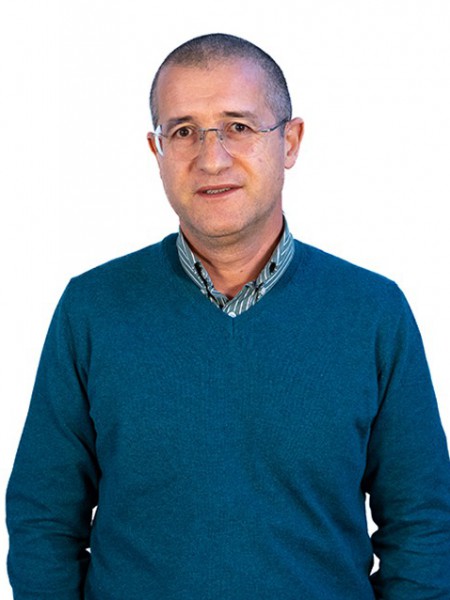abstract
Triterpenic acids (TTAs), known for their promising biological properties, can be found in different biomass sources and related by-products, such as Eucalyptus globulus bark, and have been extracted using organic volatile solvents such as dichloromethane. Recently, deep eutectic solvents (DES) have been identified as promising alternatives for the extraction of value-added compounds from biomass. In the present work, several hydrophobic DES were tested for the extraction of TTAs from E. globulus bark. Initial solubility studies revealed that DES based on menthol and thymol as the most promising solvents for these compounds given the highest solubilities obtained for ursolic acid (UA) at temperatures ranging from room temperature up to 90 degrees C. Accordingly, an eutectic mixture of menthol:thymol (1:2) was confirmed as the best candidate for the TTAs extraction from E. globulus outer bark, leading to extraction yields (weight of TTA per weight of biomass) at room temperature of 1.8 wt% for ursolic acid, 0.84 wt% for oleanolic acid and 0.30 wt% for betulinic acid. These values are significantly higher than those obtained with conventional organic solvents under similar conditions. The results obtained using these DES are promising for the recovery of TTAs for nutraceutical and pharmacological applications, while reinforcing the potential of DES as promising solvents to be applied in biorefinery processes.
keywords
SUPERCRITICAL-FLUID EXTRACTION; CHOLINE CHLORIDE; URSOLIC ACID; BIOECONOMY; SELECTIVITY; ANTITUMOR; RESIDUES; FOREST
subject category
Biochemistry & Molecular Biology; Chemistry
authors
Silva, NHCS; Morais, ES; Freire, CSR; Freire, MG; Silvestre, AJD
our authors
Groups
G4 - Renewable Materials and Circular Economy
G5 - Biomimetic, Biological and Living Materials
Projects
acknowledgements
This work was financed by national funds through the FCT (Fundacao para a Ciencia e Tecnologia), and the projects Deep Biorefinery (PTDC/AGR-TEC/1191/2014) andMultibiorefinery (POCI-01-0145-FEDER-016403) through the FCT funding and when appropriate co-financed by FEDER under the PT2020 Partnership Agreement.






